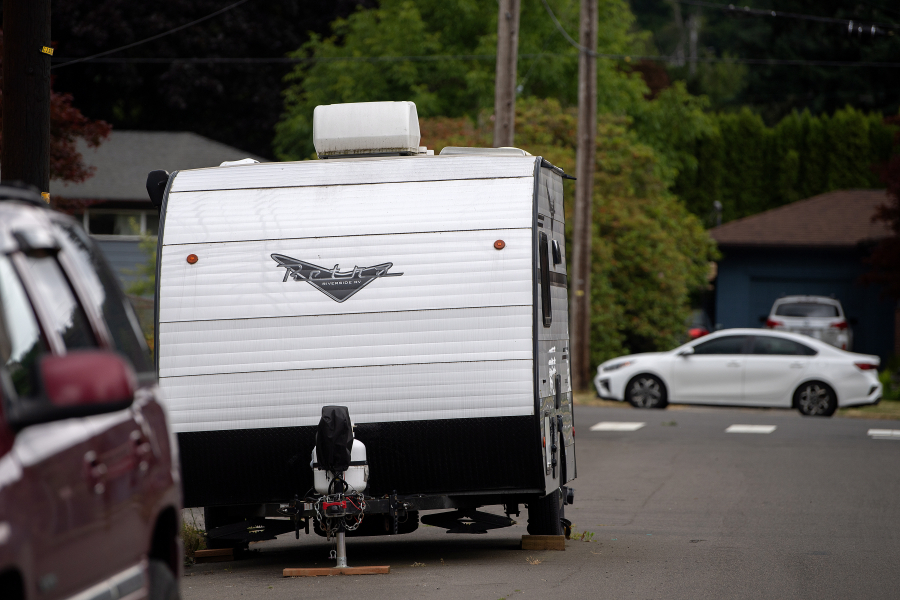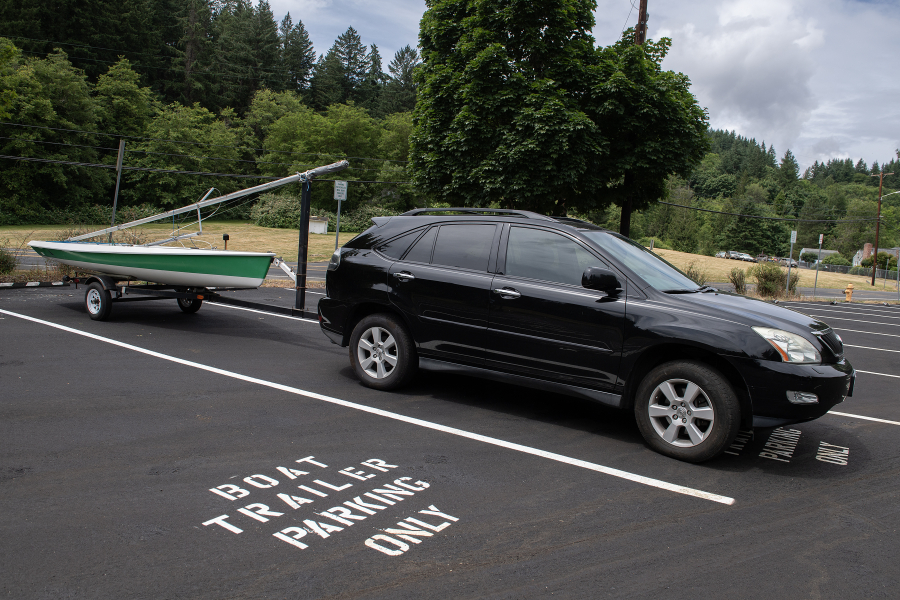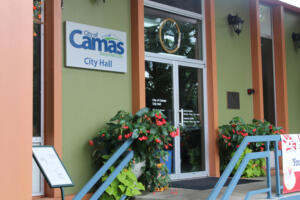For the second time in less than four months, the city of Camas has adopted an ordinance governing recreational vehicle and trailer parking, storage and occupancy.
On Monday night, the Camas City Council voted 5-1 to approve an ordinance that includes revisions to recently adopted RV regulations in an effort to provide more leeway for front-yard parking and increase the amount of time an RV can be occupied by guests.
“We wanted to be flexible,” Camas Community Development Director Alan Peters said after the meeting. “I also think it’s a little less enforcement-minded. We trust the residents to follow the code, look at the language and do their best to comply with it. I think that’s going to be what works.”
On June 16, the council approved the earlier ordinance that amended various sections of city code related to parking, storage, and occupancy of RVs and trailers on public streets and property, as well as private property. The ordinance prohibited RV and trailer parking in city parks, including parking lots, unless there were spaces specifically designated for such vehicles.
After councilors expressed concerns about the ordinance during their July 7 meeting, they agreed to revisit it during an Aug. 18 workshop.






